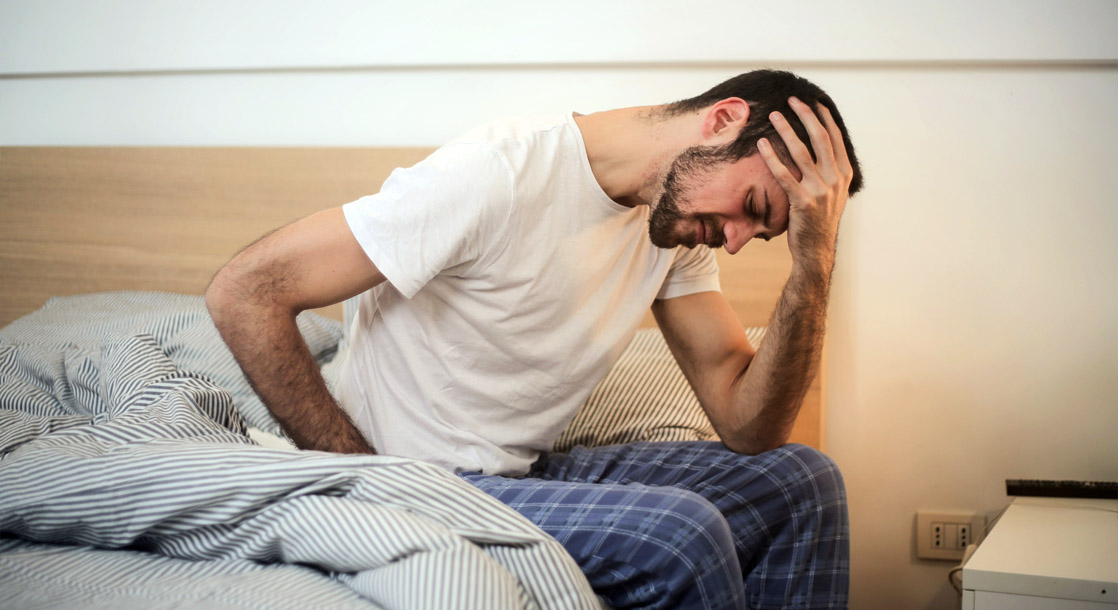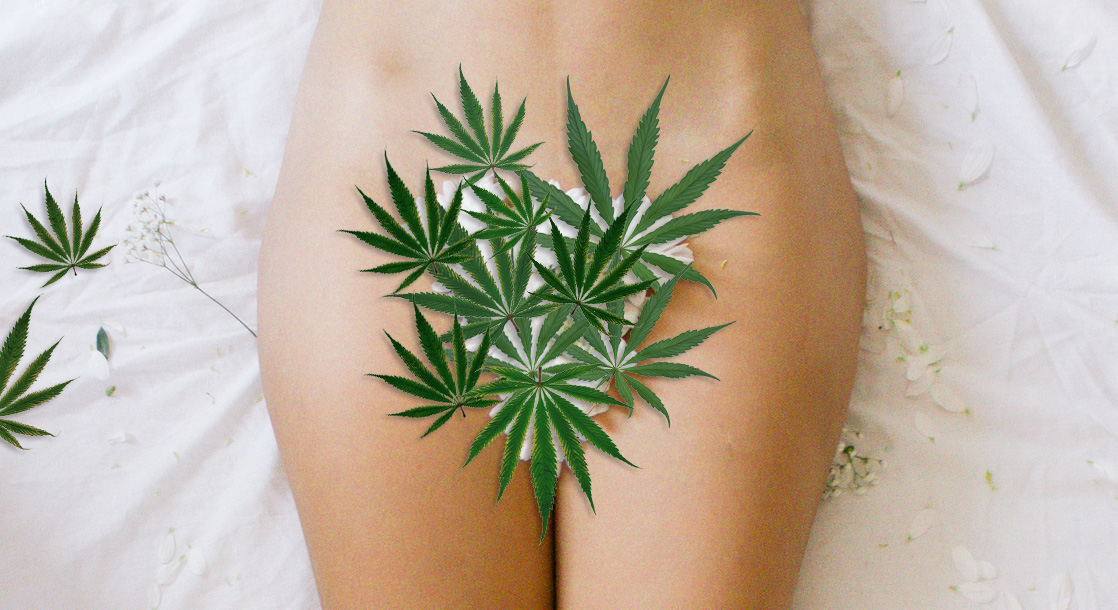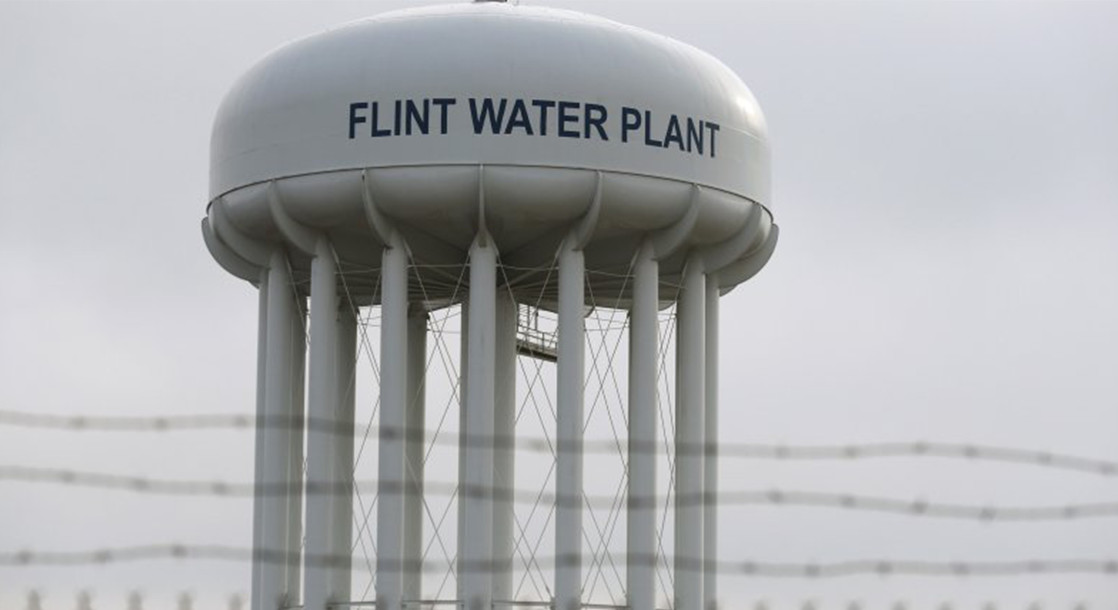Have you ever smoked a bowl in the morning to get rid of a weed hangover? According to a new study, that may just be a convenient excuse to wake ‘n’ bake. (As if we needed one?)
The Australian study, recently published in the journal Cannabis and Cannabinoid Research, looked at 20 previous studies which included 345 “performance tests” altogether. Traditionally, these sorts of tests assess thinking and reaction abilities, such as by dropping a ruler and seeing how quickly a subject grabs it. Or by using memory tests to measure recall.
Of those 20 studies, 16 “showed no ‘next day’ effects of THC,” the authors wrote. Nine of the 16 “no next day” studies used double-blind, placebo-controlled, randomized selection methods, which are the gold standards of scientific inquiry.
According to the researchers, only five out of the 20 studies showed next day impairment from weed. Those five studies were not double-blind, placebo-controlled, and randomized. To top it all off, those five studies were also published more than 18 years ago. (In the sciences, most research is considered kind of useless if it’s older than five to ten years.)
The researchers concluded only “lower quality” studies reported negative next-day effects from THC. Higher quality studies did not. Therefore: No weed hangover.
So, what’s the big deal? For the average toker, the cannabis hangover usually means a wake ‘n’ bake sesh before heading to Starbucks. However, this so-called hangover has had seriously damaging effects on workplace policies and DUI laws.
One of the main reasons why employers ban cannabis use — even when it’s at home and off-the-clock — is because so many people believe the cannabis high can last a full day or longer. If you’re getting blazed at home before bed, the belief goes, then you’ll come into work the next morning groggy, slower, and more prone to accidents.
As the researchers wrote, next-day cannabis impairment tests “may be of limited relevance to driving and workplace safety” and the lower-quality studies’ “estimations were often closer to the target on THC than placebo (i.e., arguably enhanced).”
They continued, “policy makers should bear in mind that the implementation of very conservative workplace regulations can have serious consequences (e.g., termination of employment with a positive drug test) and impact the quality of life of individuals who are required to abstain from medicinal cannabis use to treat conditions such as insomnia or chronic pain for fear of a positive workplace or roadside drug test.”
In other words, the researchers said employers who ban all cannabis use, especially off-the-clock use, could be doing more harm to the workplace than good. Employees who work while sleep-deprived can be just as dangerous as having them come in while drunk.
Some states, such as California and Nevada, have laws which protect cannabis consumers from workplace discrimination, especially if those workers are qualifying medical patients. However, in Nevada’s case, courts have ruled those protections are invalid since cannabis is still federally outlawed.
Now, there are a couple of caveats with this study. First, it didn’t actually test anyone’s impairment. Rather, it looked at previous studies other researchers conducted, then compiled the results. There’s always a risk of selection bias with review studies such as this one.
Second: Haven’t we all experienced a weed hangover? While, anecdotally, most of us can attest to feeling the lingering effects of cannabis after a hard night of partying, the researchers here are arguing there’s no solid evidence that those lingering effects actually cause impairment.
Furthermore, the researchers did acknowledge lingering heady effects from weed were real. However, they insisted those effects only happen if there’s heavy dosing throughout the day. One of the “lower quality” studies they reviewed had subjects smoking five times across a 48-hour period. Studies which involved consumption of oral THC also showed lingering effects.
Regardless, the researchers said even if the weed hangover was a real thing, it isn’t any more impairing than an alcohol hangover. And booze hangovers are “generally tolerated among drivers and individuals employed in safety-sensitive positions,” they noted.
So, if we’re supposed to be regulating cannabis like alcohol, let’s at least be consistent, yeah?
Cover image via











